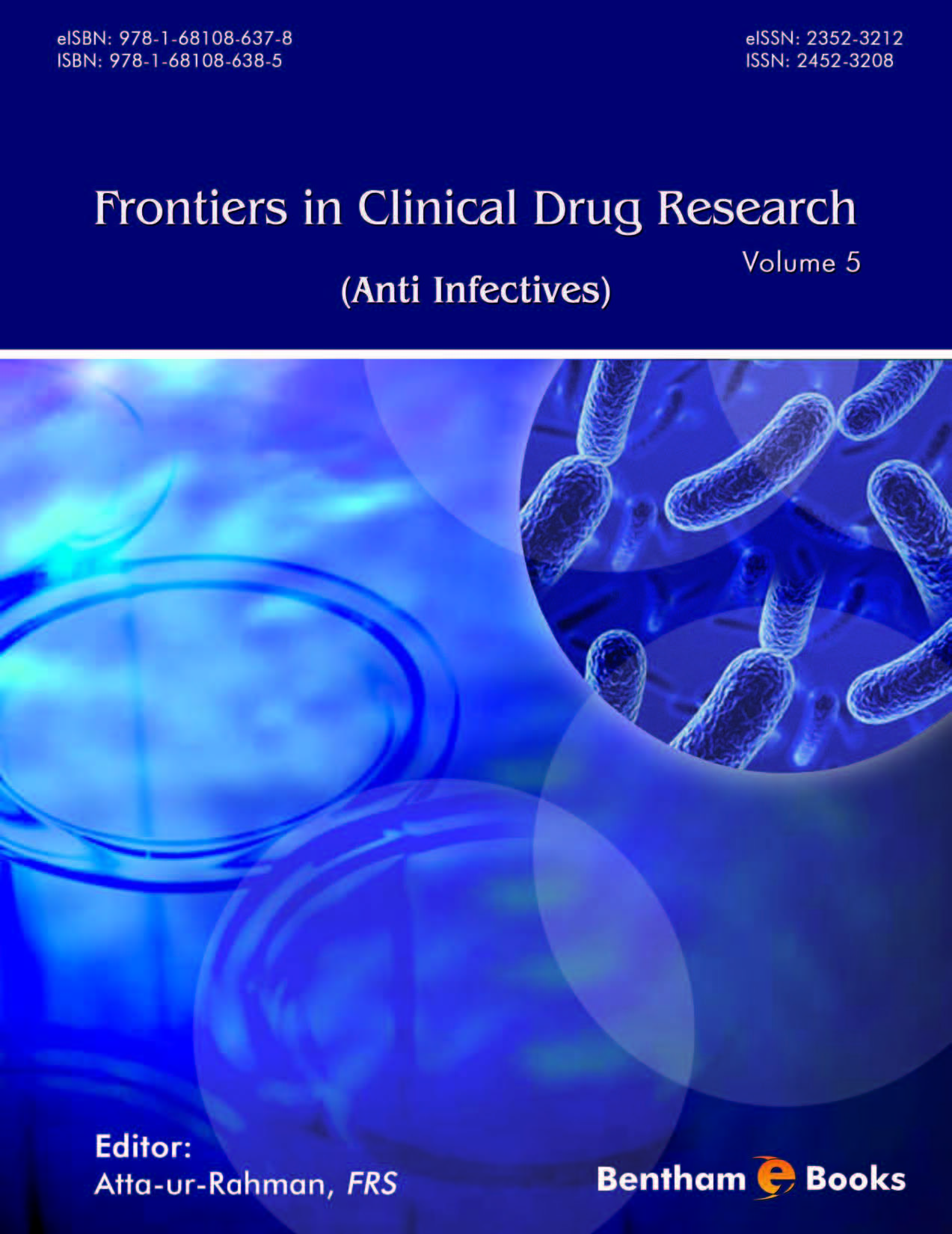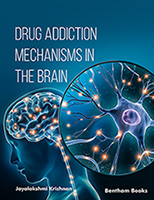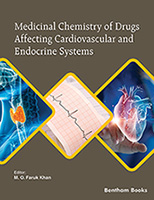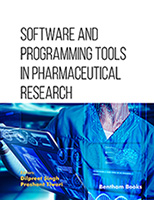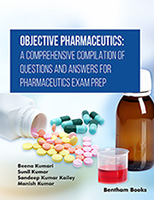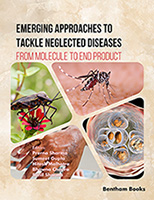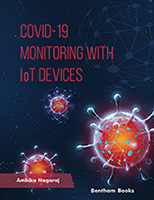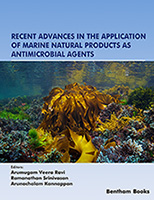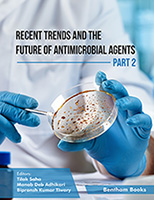Introduction
Frontiers in Clinical Drug Research – Anti infectives
is a book series that brings updated reviews to readers interested in learning about advances in the development of pharmaceutical agents for the treatment of infectious diseases. The scope of the book series covers a range of topics including the chemistry, pharmacology, molecular biology and biochemistry of natural and synthetic drugs employed in the treatment of infectious diseases. Reviews in this series also include research on multi drug resistance and pre-clinical / clinical findings on novel antibiotics, vaccines, antifungal agents and antitubercular agents.
Frontiers in Clinical Drug Research – Anti infectives
is a valuable resource for pharmaceutical scientists and postgraduate students seeking updated and critically important information for developing clinical trials and devising research plans in the field of anti infective drug discovery and epidemiology.
The fifth volume of this series features six reviews:
- - Integrated Approaches for Marine Actinomycete Biodiscovery
- - Therapeutic Use of Commensal Microbes: Fecal/Gut Microbiota Transplantation
- - Alternative Approaches to Antimicrobials
- - Nanoantibiotics: Recent Developments and Future
- - Cranberry Juice and Other Functional Foods in Urinary Tract Infections in Women: A Review of Actual Evidence and Main Challenges
- - Targeting Magnesium Homeostasis as Potential Anti-Infective Strategy Against Mycobacteria

